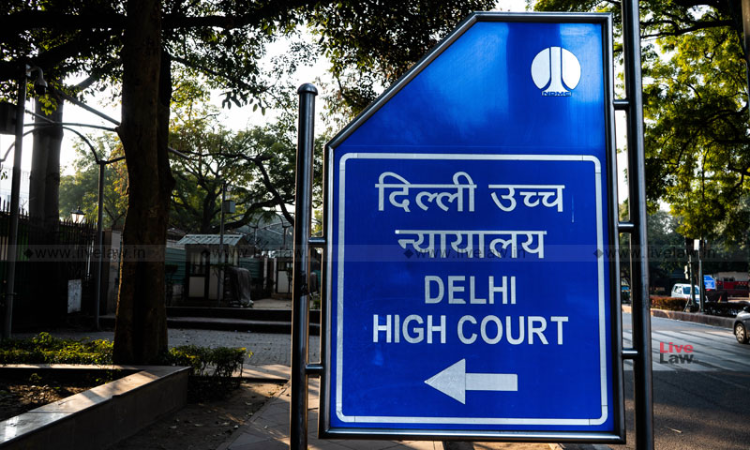'Can't Get Into This': Delhi High Court On Plea To Include Chapter On 'Dharma' And 'Religion' In School Syllabus
Nupur Thapliyal
26 Sept 2024 3:00 PM IST

Next Story
26 Sept 2024 3:00 PM IST
The Delhi High Court on Thursday directed the Union Government to treat as representation a PIL seeking to distinguish between “Dharma” and “Religion” and to include a chapter on the subject in the curriculum of primary and secondary schools. A division bench comprising of Chief Justice designate, Justice Manmohan and Justice Tushar Rao Gedela directed the Union Ministries of Culture...
